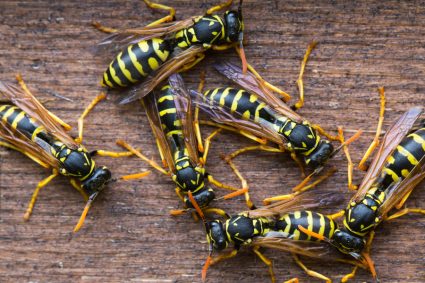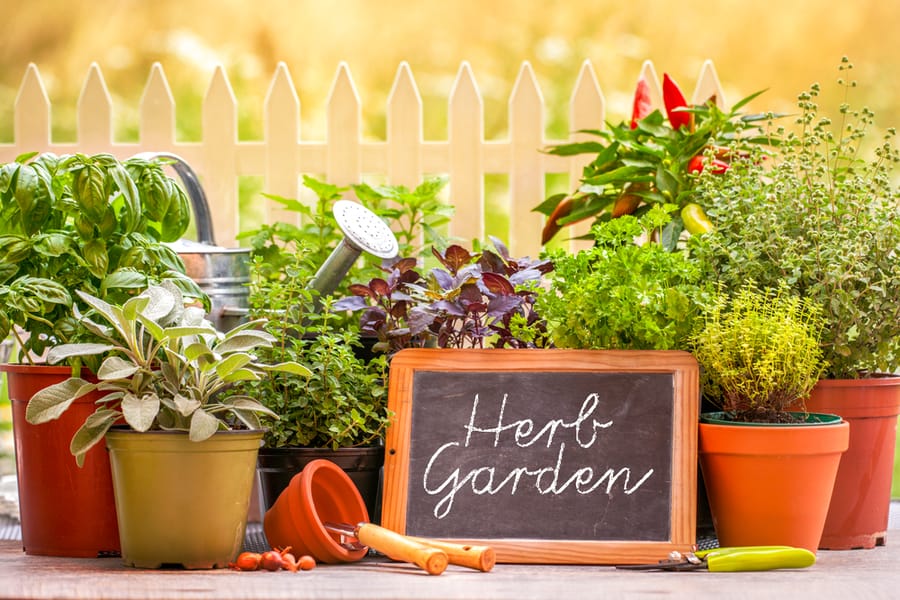
Are you unsure of which herbs to use to ward off bugs? Do you wonder if there are any herbs that bugs despise?
Are you curious about which natural plants can eliminate bugs?
Unsurprisingly, herbalists and chemists employ botanical oils to make safe and humane insecticides and repellent sprays because many herbs naturally ward off insects.
Certain herbs are useful against a range of pests, while others only deter some types of bugs.
To keep away insects, one can use fragrant herbs like:
- Mint
- Sage
- Basil
Additionally, these herbs can improve a garden’s aesthetic appeal.
Using insect-repelling herbs in your organic garden is one easy and practical way to keep bugs away instead of using sticky sprays or hazardous chemicals. You should think about using some strategic and organic deterrents as a preventative measure.
The Top 9 Bugs-Repelling Herbs

Below are the nine main herbs that aid in repelling insects like mosquitoes, flies, spiders, and others.
Some will not entirely eradicate insects, but their peculiar qualities will steer bugs differently. They include:
1. Mint
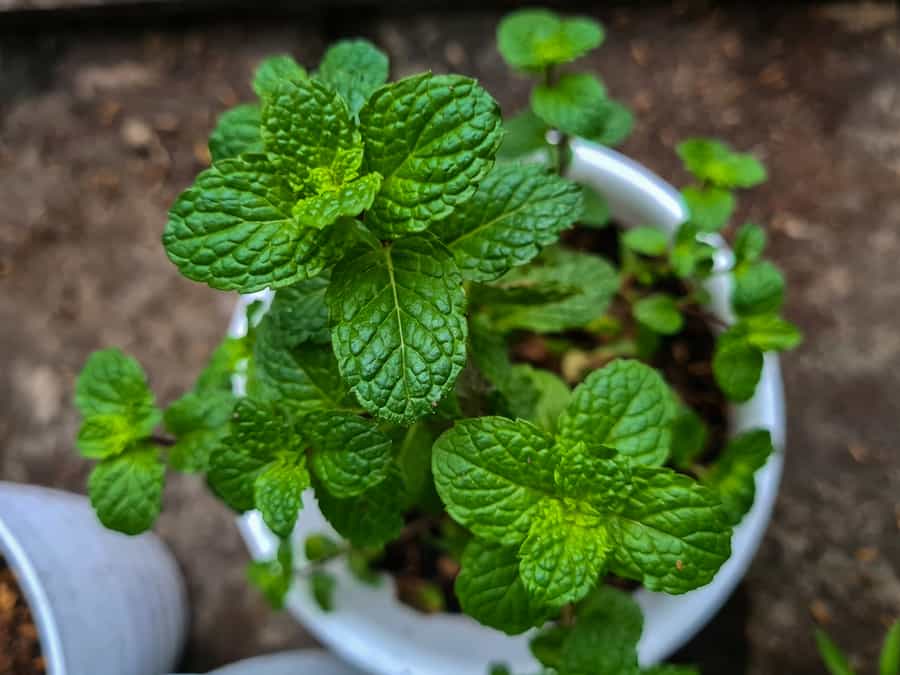
Mint repels bugs like aphids, flea beetles, rats, ants, and white cabbage moths. It enhances the health of tomatoes and cabbage.
Also, mint blooms draw hoverflies and aggressive wasps. However, the plantings of mint are very appealing to earthworms.
In addition, putting fresh or dried peppermint cuttings where mice are an issue will help scare them away.
However, because mint is a very invasive perennial, use caution while planting it.
Parsley and mint are rivals. Keep them far apart from one another.
2. Ageratum
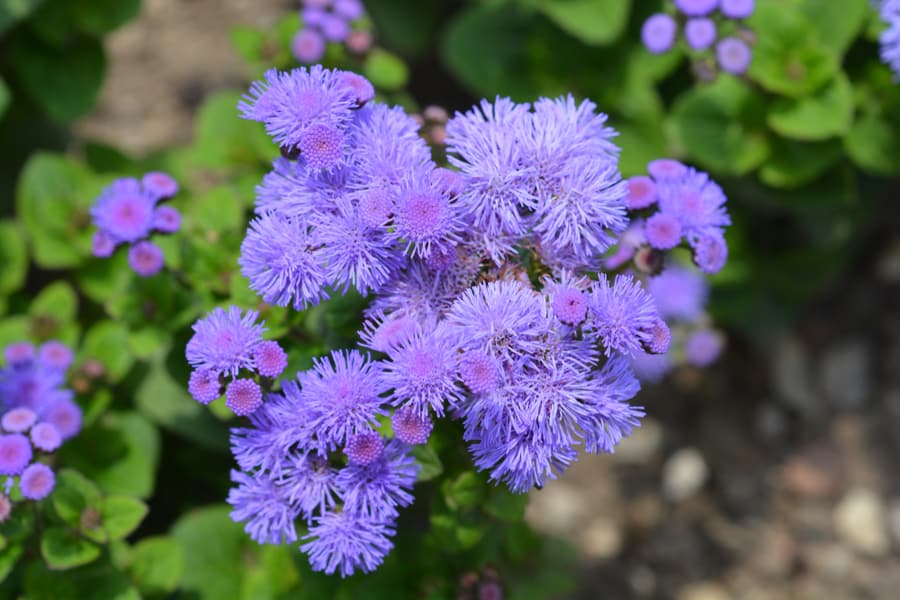
Ageratum, or floss flowers, emits a smell that mosquitoes find repulsive. Coumarin, a substance secreted by ageratum, is a component in manufactured mosquito repellents.
3. Basil
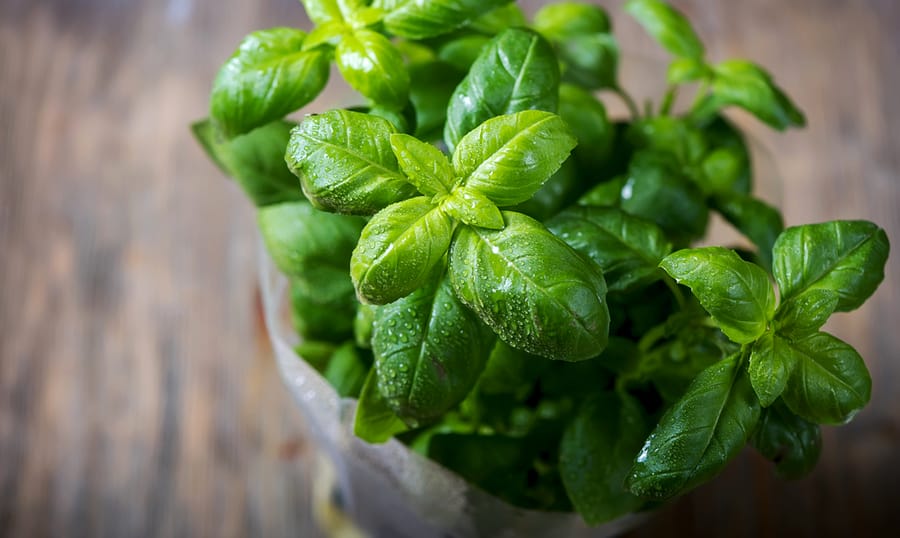
On a fresh bite, crush fresh leaves to release the essential oil and alleviate the itching.
Keep a bottle of basil essential oil in the first aid bag to treat wasp stings and other bug bites. Rubbing fresh leaves on the skin is quite helpful.
Additionally, basil works well as a fly and mosquito repellent.
4. Lemon Balm

Citronellal is the chemical that gives lemon balm its lemony fragrance and flavor that bugs find repulsive.
The chemical is present in lemon balms in high concentrations.
Rub the crushed fresh leaves of lemon balm on the skin, especially the ankles, arms, and other regions exposed to bug bites.
The skin absorbs the chemical quite nicely after rubbing. The powerful lemon scent successfully repels insects.
Lemon balm also deters gnats and mosquitoes.
5. Sage
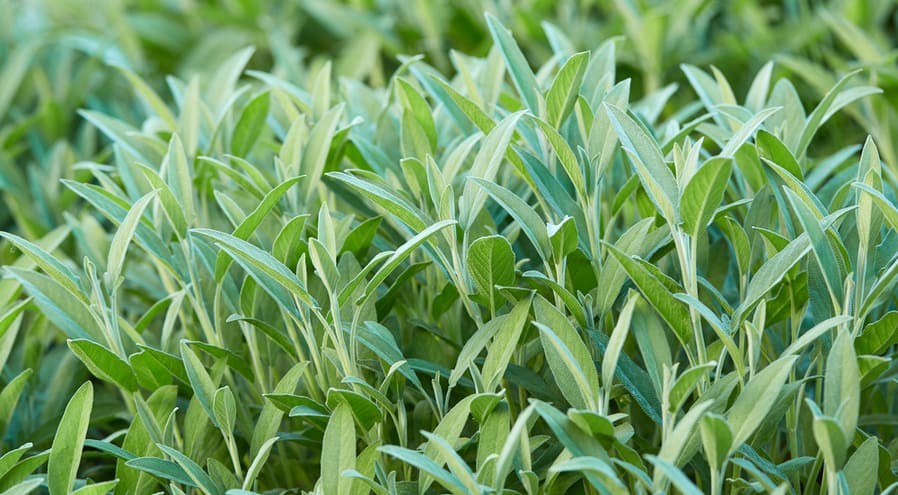
Sage repels flea beetles that feed on potatoes and sweet potatoes, snails, cabbage moths, beetles, black flea beetles, and carrot flies.
However, you should avoid planting sage near other plants, such as rues, onions, and cucumbers.
6. Bay Leaves
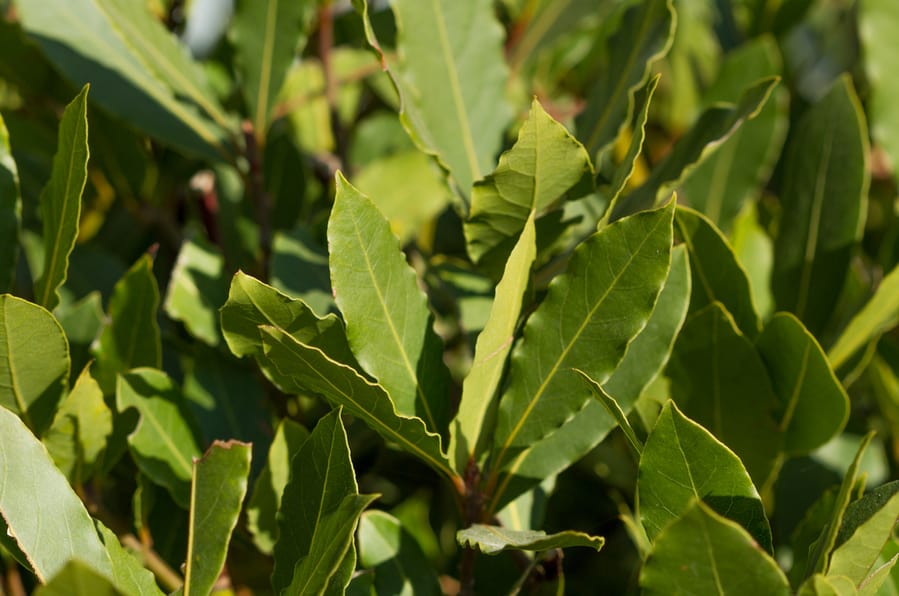
A bay leaf has a powerful scent and a harsh flavor.
Bay leaves also include essential oils and a substance called eucalyptol.
They work well to keep away bugs and repel cockroaches and weevils.
One can keep away weevils and moths by placing a fresh bay leaf in each storage container of beans and grains.
As a natural insecticide, scatter dried bay leaves and other repellent plants in the garden.
7. Catnip
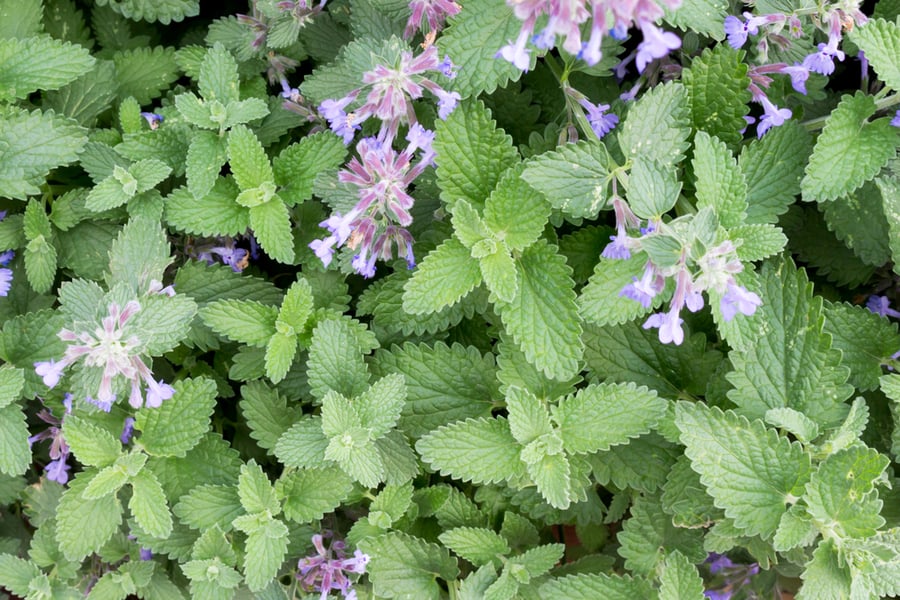
Catnips keep mosquitoes away and repel cockroaches, flea beetles, and rats. Rub the skin with freshly crushed leaves if you need insect repellent.
8. Rue
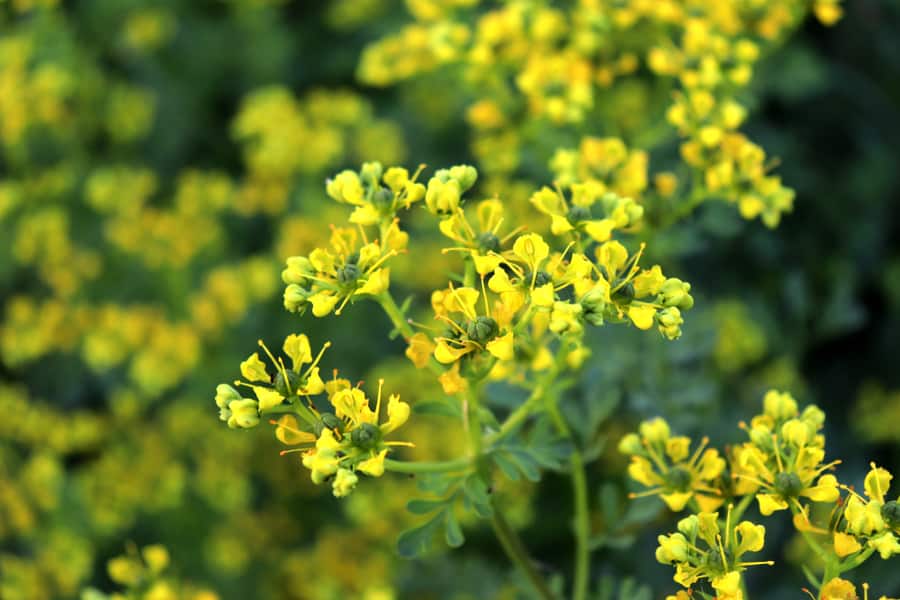
Rue keeps pests like fish moths, flea beetles, onion maggots, slugs, snails, flies, and Japanese beetles away from roses and raspberries. Additionally, it is reputed to deter cats.
Crush a few leaves to release the smell to make it even more effective against Japanese beetles. Be careful and use protection because rue can irritate some people’s skin.
Rue should not be grown close to sage, basil, cucumber, or cabbage.
9. Hyssop
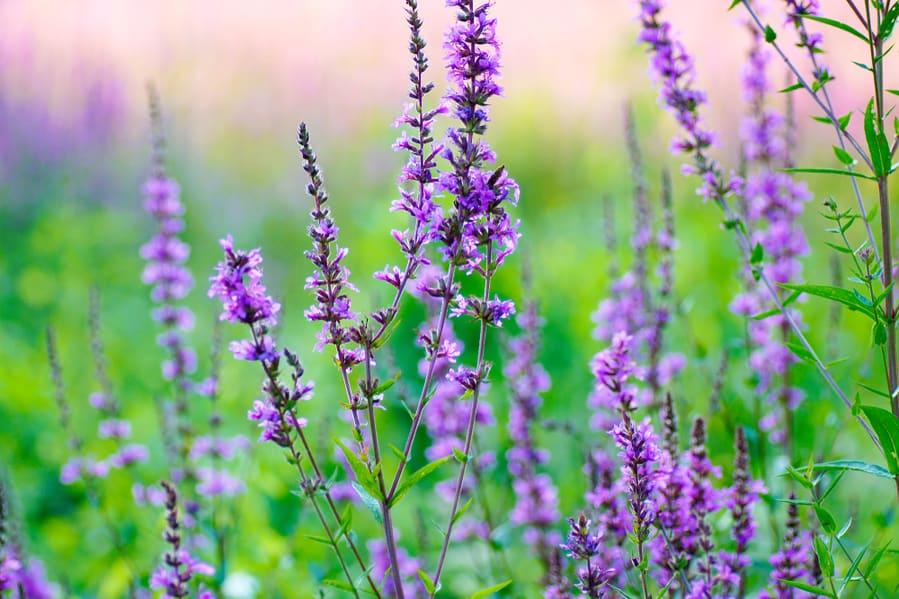
Hyssop deters flea beetles and cabbage moths. However, avoid planting hyssop close to radishes.
Some beekeepers rub the hive with it to entice the bees to stay in their habitat.
Summary
It can be challenging to avoid garden pests. Fortunately, you can enjoy a property free of bugs by using the insect-repelling herbs listed above.
Consider using herbs known to repel bugs if you need to add some greenery to your outside area.
Additionally, it is a good idea to trim bushes because many bugs, such as ticks and berry bugs, prefer to reside in dimly lit locations with high humidity, such as underneath bushes’ leaves.
Frequently Asked Questions
How Does Your Cat React to Catnip?
Cats like catnip because it mimics the feline sex hormones of cats.
It might be appealing to your cat to roll around and play with it. To prevent your cat from accidentally damaging any surrounding plants, place your catnip separate from the rest of your garden.
Does Garlic Keep Bugs at Bay?
Slugs can be discouraged from coming through the rear door or attacking plants by scattering garlic cloves on the ground.
Additionally, including a few cloves in your crop will assist in warding off vampires, cabbage loopers, codling moths, spider mites, and fungus gnats.








